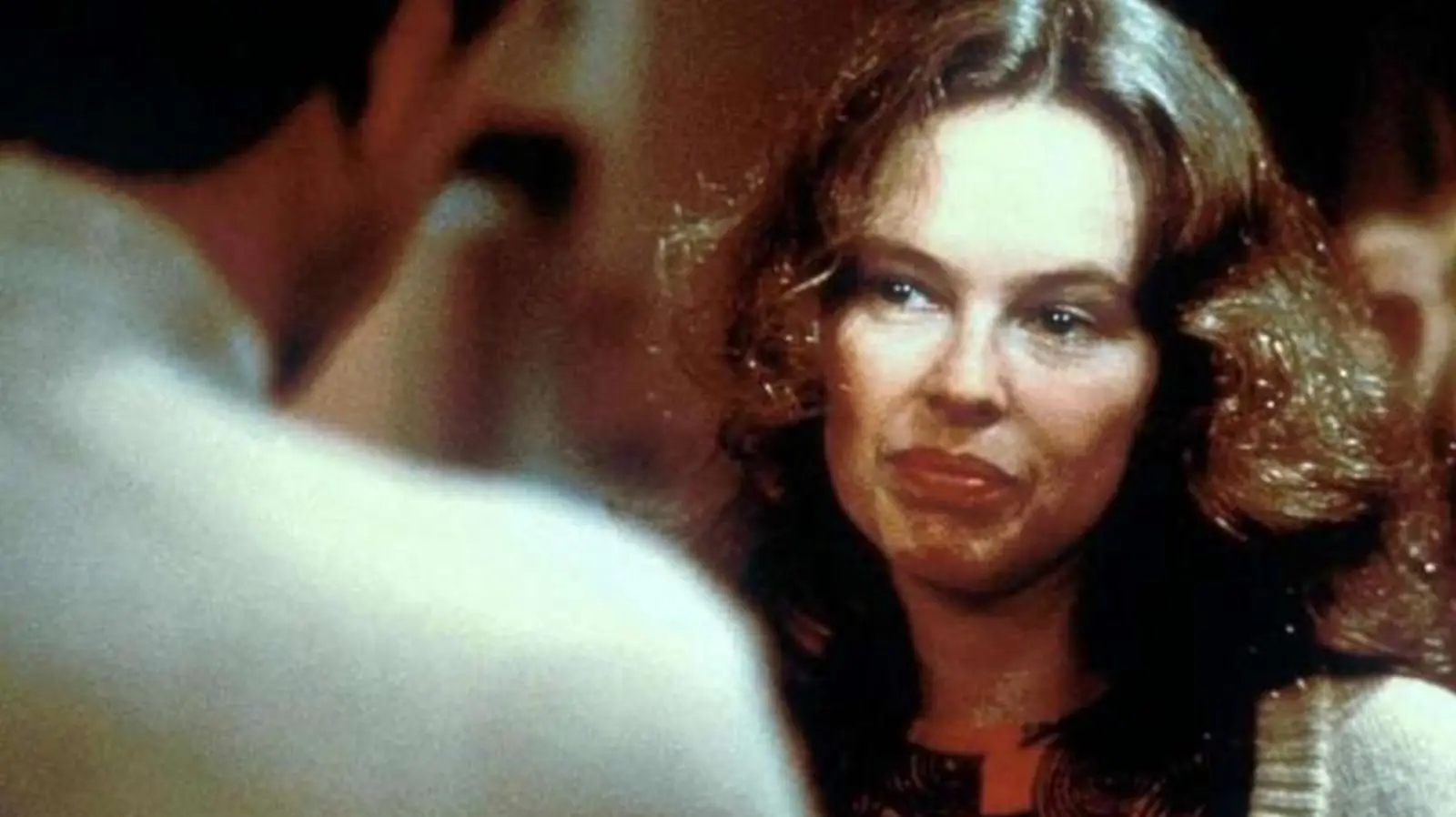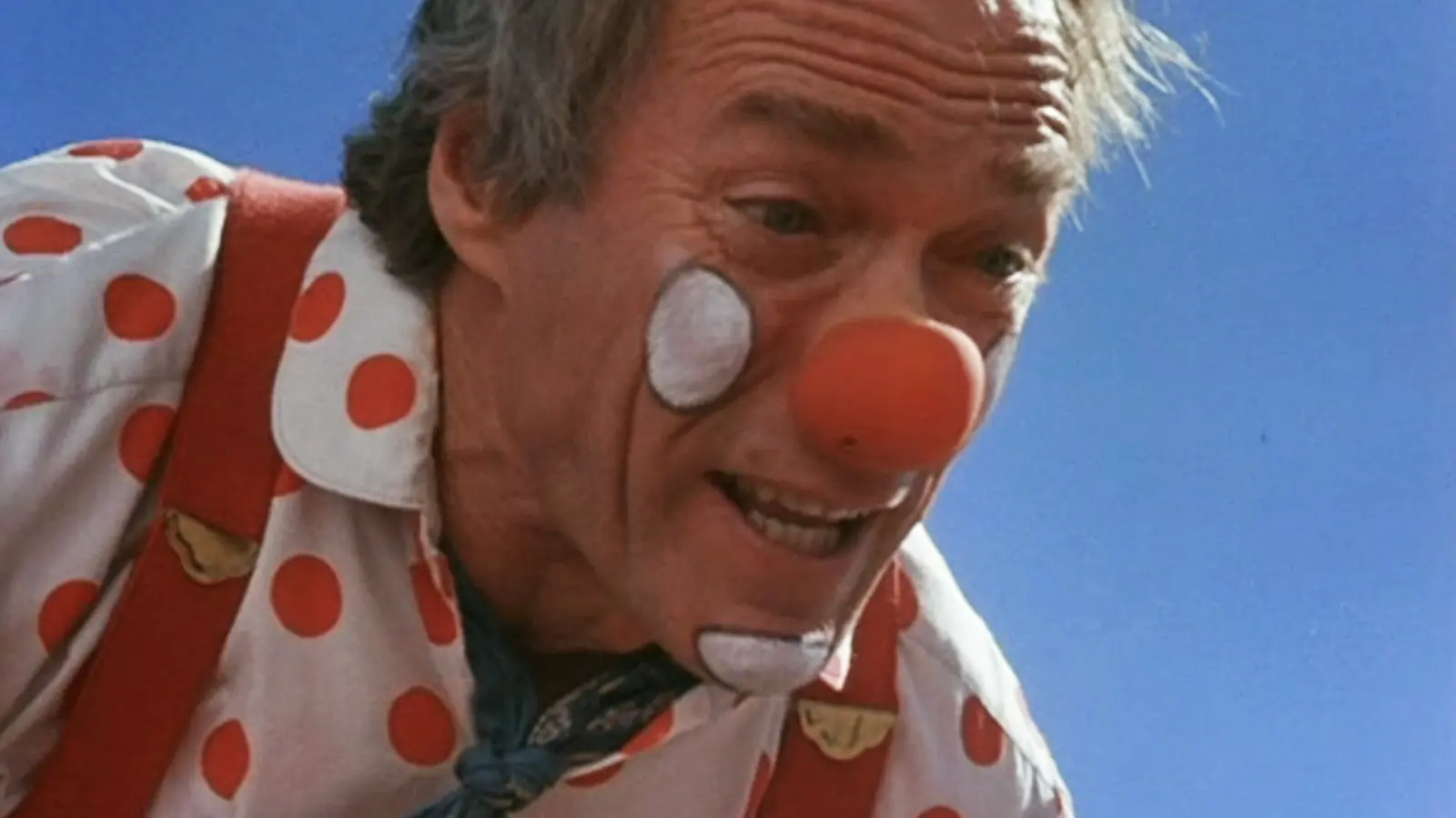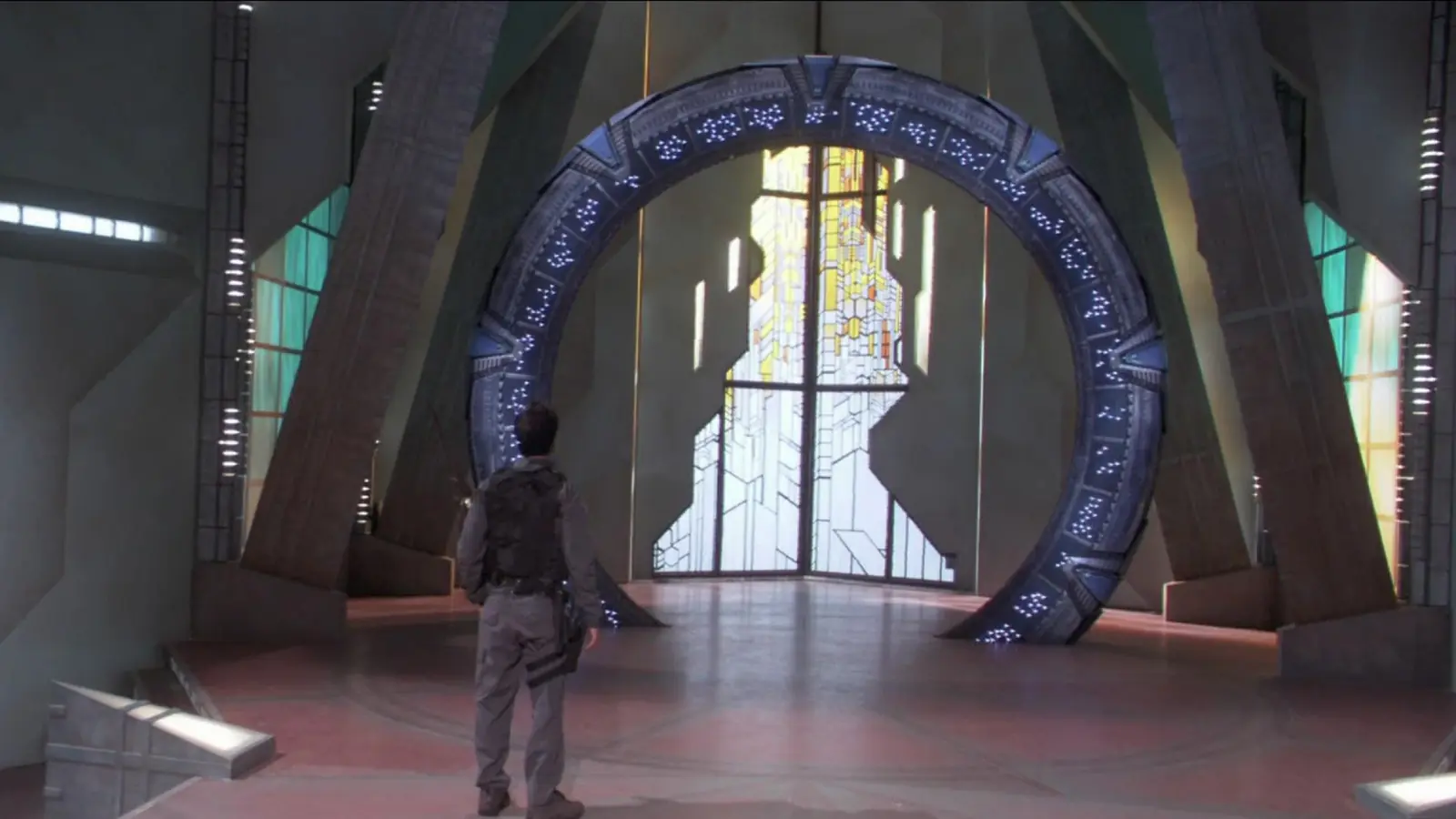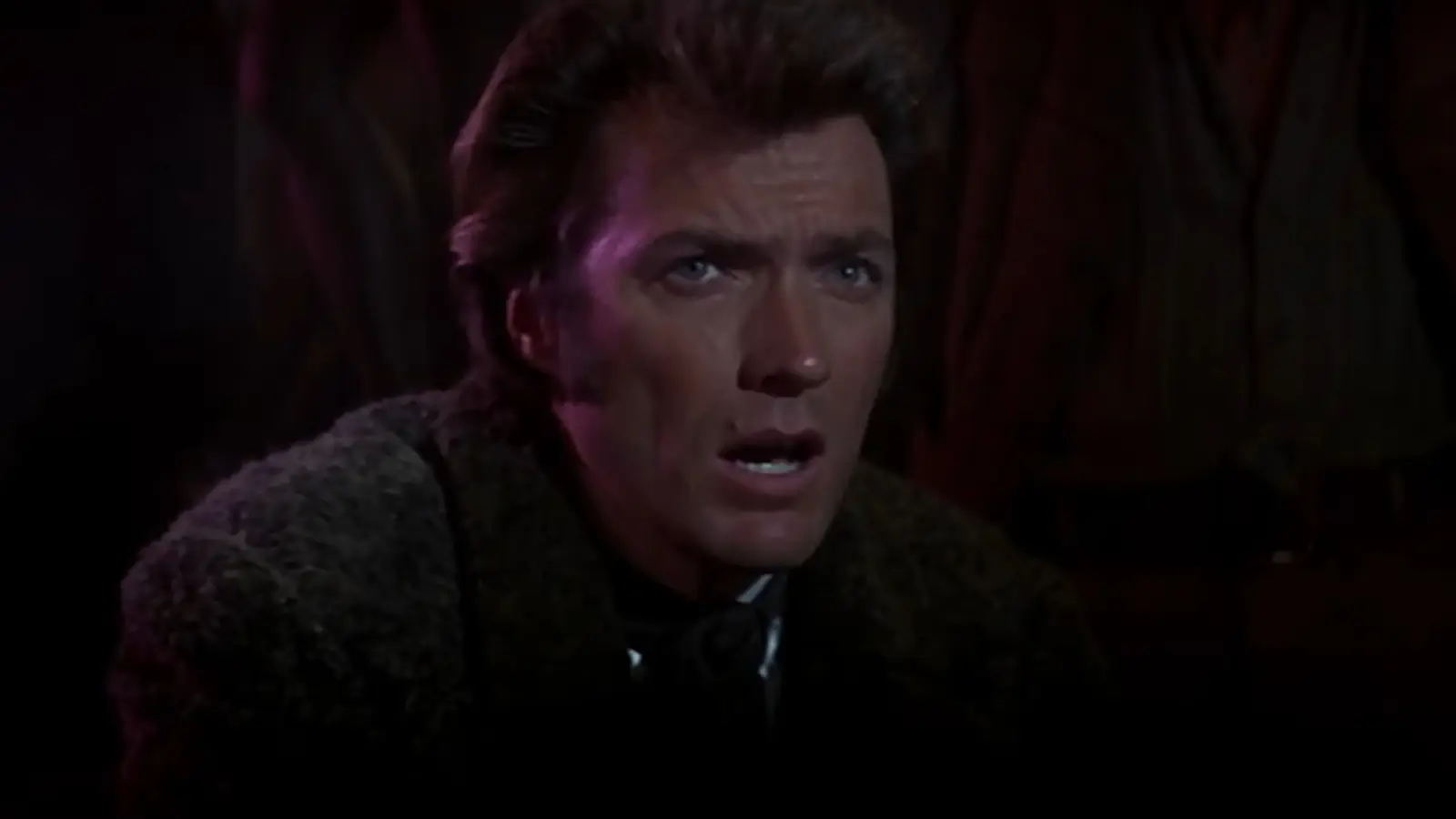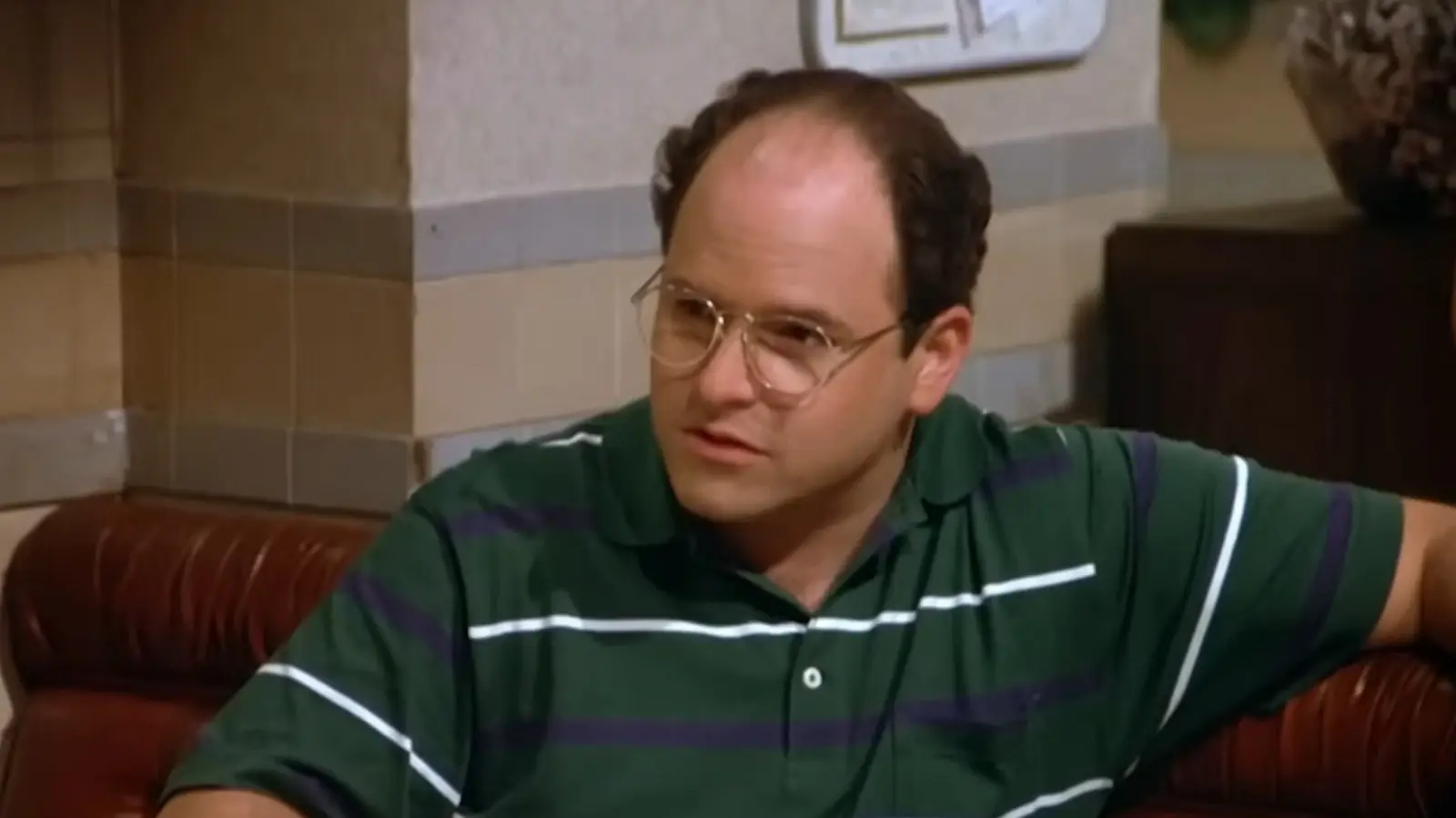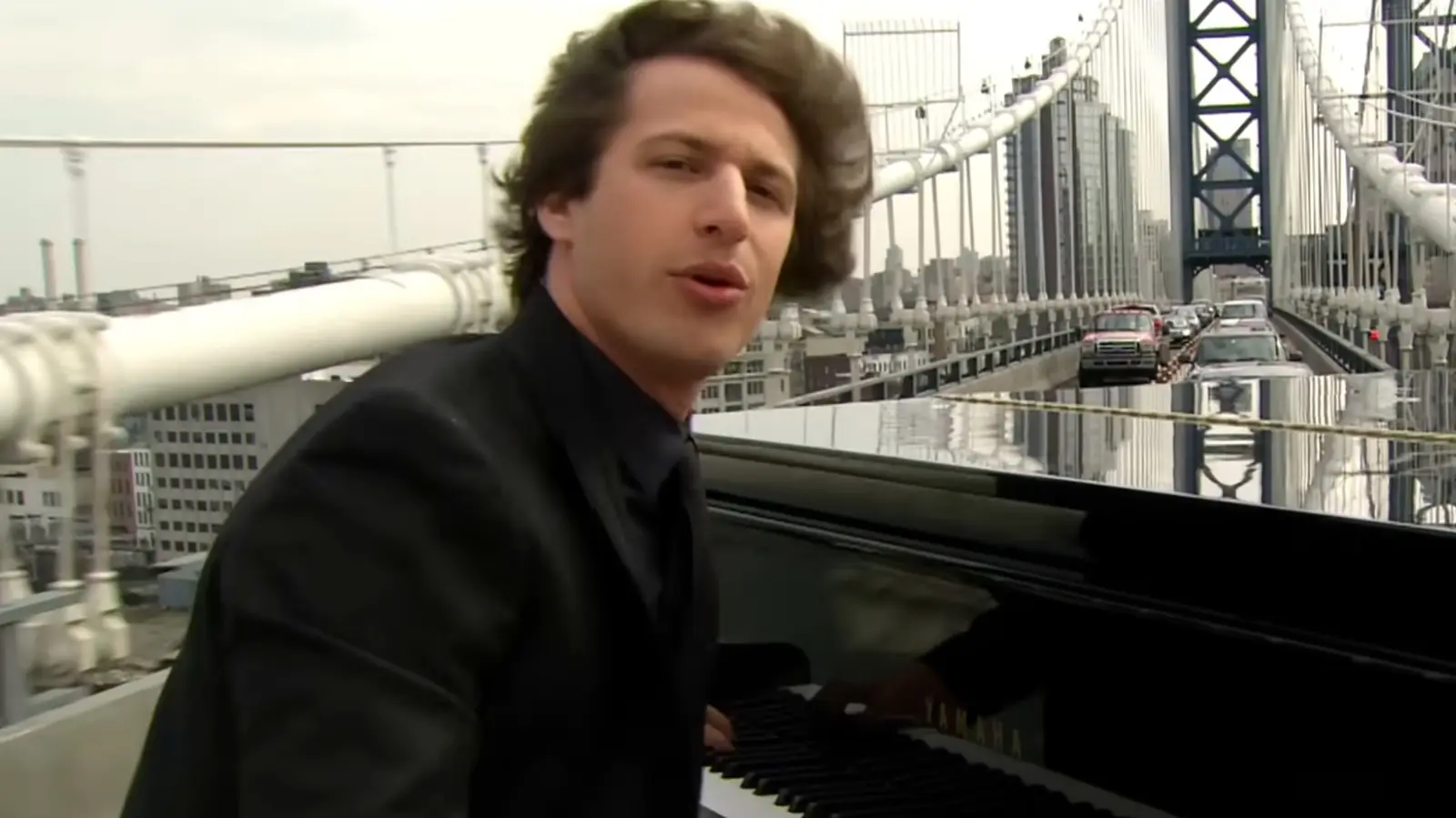Steven Spielberg, often hailed as one of the most influential filmmakers in the history of cinema, boasts a career filled with box office hits and critical darlings. Known for classics such as “Jaws,” “E.T. the Extra-Terrestrial,” “Indiana Jones,” and “Jurassic Park,” Spielberg has been a cornerstone of American filmmaking, earning significant accolades and millions of dedicated fans worldwide.
However, like any prolific creator, Spielberg’s filmography includes a diverse range of movies, some more successful than others. While most of his films are celebrated, there are always debates among fans and critics over which of his works stand shoulder-to-shoulder with his best, and which fall short of the Spielbergian magic.
Letterboxd, an online social networking service for film fans, has become a prominent platform where users share their film reviews, ratings, and lists. It’s a community-driven cinephile hub that provides insights into public opinion about various films, directors, and genres. With such a broad and active viewership, it’s a prime place to gauge the general reception of movies old and new.
According to various discussions and ratings on Letterboxd, there seems to be one Spielberg film that consistently garners less favor among his body of work. While Spielberg’s incredible range covers everything from thrilling adventures to emotionally resonant dramas, not all have resonated with audiences the same way. It appears that one movie in particular has been singled out on Letterboxd as, arguably, not living up to the high expectations associated with Spielberg’s name.
“The Lost World: Jurassic Park” often emerges as a film that doesn’t quite captivate audiences as some of Spielberg’s other ventures. Its predecessor, “Jurassic Park,” revolutionized visual effects and storytelling with its suspenseful and adventurous portrayal of a dinosaur-populated island. By comparison, “The Lost World” struggled to recapture the magic and awe that made its predecessor a cultural milestone.
Released in 1997, “The Lost World: Jurassic Park” was Spielberg’s direct follow-up to the wildly successful original film. Drawing from Michael Crichton’s novel “The Lost World,” the film attempted to expand the story with a secondary island filled with the same prehistoric perils. Despite its box office success, drawing in audiences eager for a continuation of the dinosaur narrative, critical reception was mixed.
Letterboxd users cite several reasons for their dissatisfaction with “The Lost World.” The criticism often gravitates around the film’s plot, which some believe to be less coherent and compelling than the original. There’s a sentiment that the sequel relied too much on action without the same level of character development or narrative tension.
Moreover, some viewers felt that the sequel lacked the originality and groundbreaking effects that made the first movie so revolutionary. While “The Lost World” featured several memorable sequences, such as the cliff-hanging trailer scene, some critics argue these moments were not enough to bolster a plot perceived as derivative.
Furthermore, the film’s character dynamics and screenplay were points of contention. While Jeff Goldblum returned as the eccentric mathematician Ian Malcolm, a character who enjoyed significant fan appeal, some fans and critics felt his character’s arc was overshadowed by additional plotlines and new characters that did not resonate as well with audiences.
Another element frequently pointed out by Letterboxd users is the tonal shifts that occur within the film. While the original “Jurassic Park” managed to blend thrills with awe seamlessly, “The Lost World” often shifts from suspense to humor and action rapidly, which, according to some viewers, results in a less cohesive experience.
This critique of “The Lost World: Jurassic Park” demonstrates the challenges inherent in creating sequels, especially to films that serve as cultural touchstones. Spielberg himself has admitted in various interviews that while “The Lost World” has its moments, it might not reach the zenith of allure captured by its predecessor. Creating a follow-up that matches the original, especially something as groundbreaking as “Jurassic Park,” is no easy feat.
Despite these criticisms, it’s important to note that “The Lost World” has its ardent defenders and is by no means a failure. Its box office collection, along with Spielberg’s signature flair for crafting visually stunning sequences, ensures that it remains a valuable part of Spielberg’s cinematic journey. The movie still holds a significant place within the larger narrative of the “Jurassic Park” franchise and continues to entertain new generations of viewers who discover it for the first time.
Ultimately, the reception of “The Lost World: Jurassic Park” on platforms like Letterboxd underscores the subjective nature of film critique. Everyone brings their own expectations, experiences, and interpretations to each film, which can lead to diverse perspectives on even the most established directors’ work.
In the context of Spielberg’s illustrious career, it’s remarkable how the director has managed to maintain a consistently high standard of filmmaking for decades. With each new release, audiences are reminded of his ability to craft stories that capture the imagination and resonate emotionally, challenging the audience’s perceptions of reality and the magic of the movies.
As Spielberg continues to create and challenge himself with new projects, discussions about his films’ merits and shortcomings will surely endure. Such discourse is crucial, fueling our continuous appreciation for the art of cinema and the artists who devote their lives to this dynamic and multilayered form of storytelling. Whether seen as a triumph or a misstep, every Spielberg film is a piece of a larger tapestry that defines his legacy as a visionary in the world of film.

